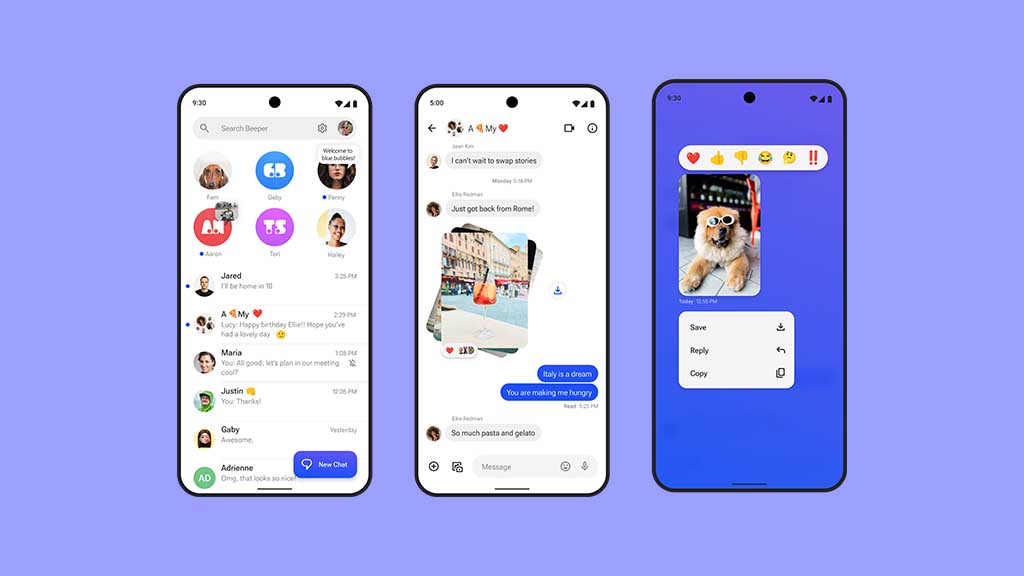Apple
DOJ enters Apple iMessage and Beeper Mini controversy

The United States Department of Justice (DOJ) has entered into a controversy created after the recent shutdown of an Android messaging app Beeper Mini and the anticompetitive practices by Apple.
It all started with an app called Beeper Mini unveiled earlier this month. The app is known for its unique capability to send messages to iPhones without an Apple ID.
The app reportedly uses a technique that reverse-engineered Apple’s iMessage protocol. Beeper Mini only needs the user’s phone number to identify the device to the iMessage network. The message could be sent directly to Apple’s servers and stay end-to-end encrypted.
However, the app was soon blocked by Apple by making some technical changes to iMessage. This change is later tackled by Beeper Mini after a temporary downtime but soon the company realized to give up on this game.
Beeper wrote in a blog post “We can’t win a cat-and-mouse game with the largest company on earth”.
The latest development once again fueled an antitrust investigation on Apple, which has been haunting Apple for a year now over its suspicious anti-competition policies.

Beeper Mini App Interface Screenshot
Eric Migicovsky, founder of the company that runs Beeper Mini, reportedly met with a Justice Department antitrust lawyer on December 12. Within a few days, several lawmakers also reached the department to look into this matter.
On the other hand, Apple defended its stand by blaming that “these techniques posed significant risks to user security and privacy, including potential for metadata exposure.
However, Apple’s latest move is also gaining interest from the US Federal Trade Commission, which seemingly hints at its view on the Apple and Beeper Mini controversy.
“In the face of concerns about anticompetitive conduct, companies may claim privacy and security reasons as justifications for refusing to have their products and services interoperate with other companies’ products and services,” the FTC said in a blog post.
“As an agency that enforces both competition and consumer protection laws, the Commission is uniquely situated to evaluate claims of privacy and data security that implicate competition,” it added.
But FTC and DOJ are not the only ones that are concerned with Apple’s strange practices. European Union is also questioning Apple’s approach to interoperability.
Apple is saying that iMessage should not be subjected to interoperability requirements and trying to explain the situation to address the regulators’ concerns.
(source – NYT)












